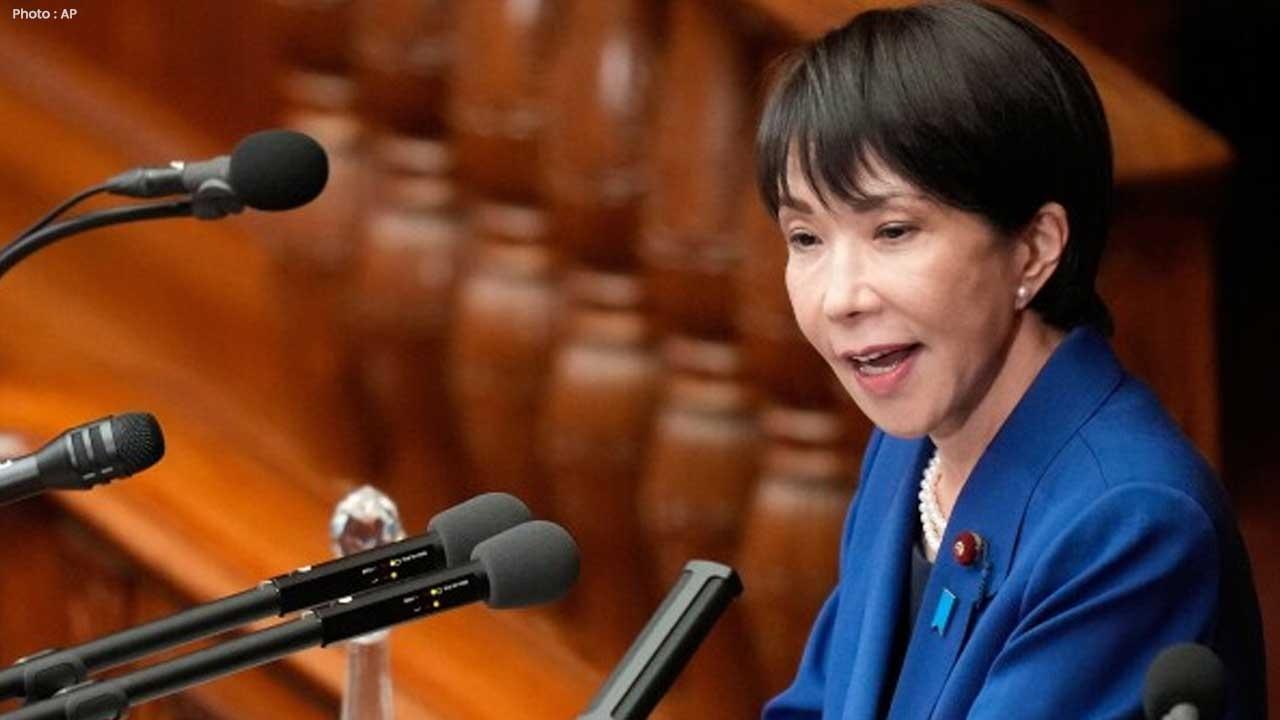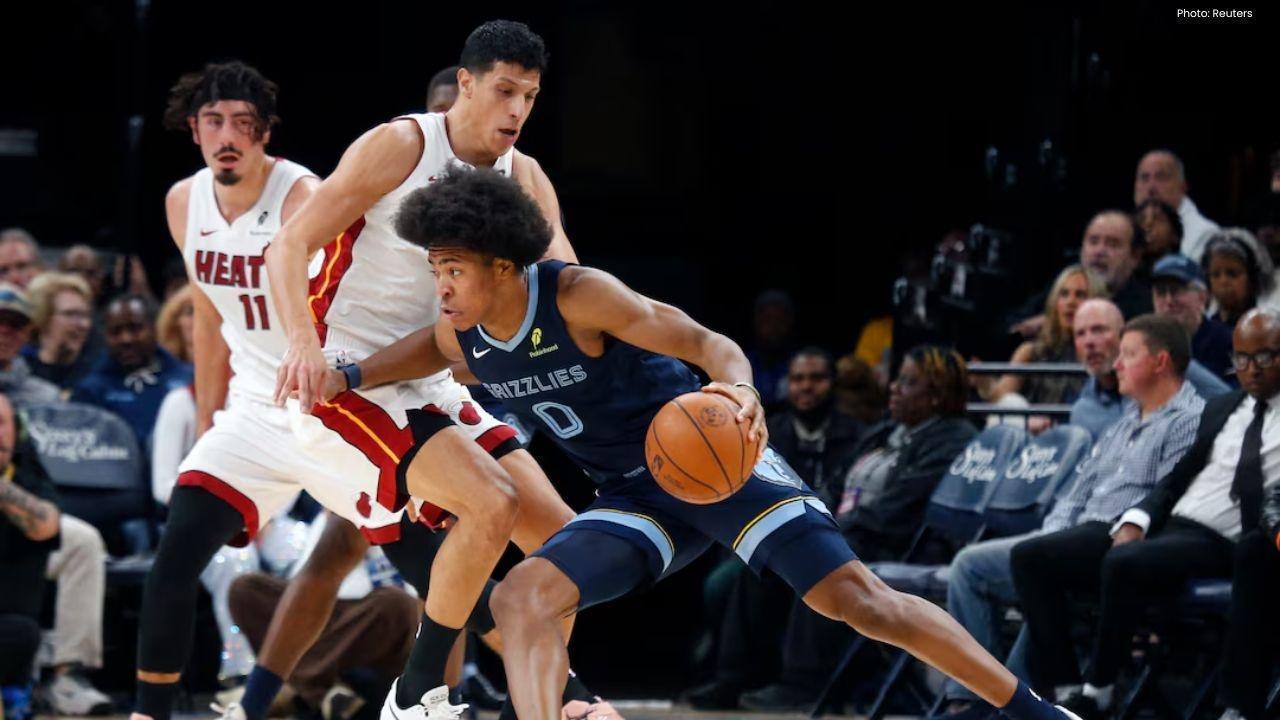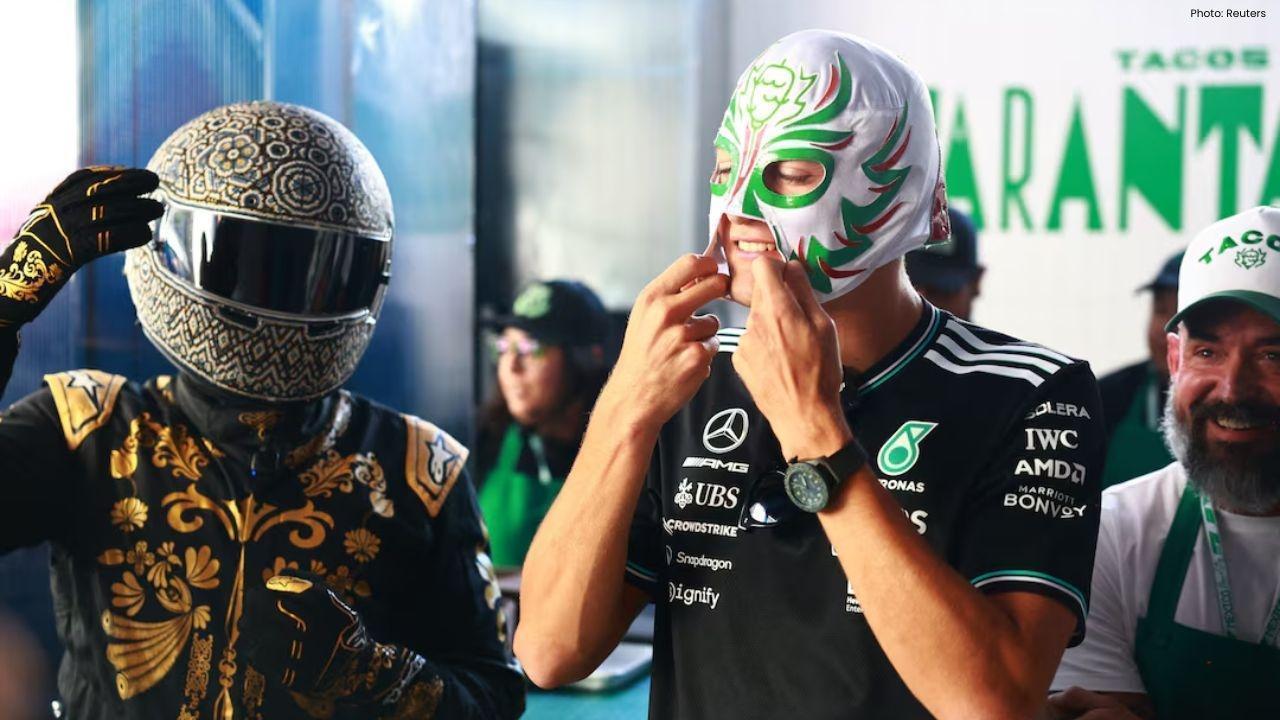
Post by : Raina Nasser
Tokyo: In her initial days in office, Japan Prime Minister Sanae Takaichi is immersing herself in a series of complex diplomatic challenges, juggling relationships with the United States, China, and neighboring countries. Her first week is filled with critical meetings, including an anticipated visit from U.S. President Donald Trump to Tokyo and regional summits in Malaysia and South Korea.
Though she has limited experience in foreign affairs, Takaichi is rapidly prioritizing her international agenda. Her itinerary kicks off in Malaysia with discussions alongside Southeast Asian leaders, followed by Trump's visit and culminating at the Asia-Pacific Economic Cooperation (APEC) summit in South Korea.
Significantly, China has yet to extend congratulations to Takaichi, indicating caution in response to her strong military support and traditionalist views on Japan's wartime history. Observers note the silence from Chinese leaders Xi Jinping and Li Qiang, contrasting sharply with the prompt well-wishes provided to her predecessor.
In a recent parliamentary address, Takaichi committed to increasing defense spending to 2% of GDP by 2027, citing escalating threats from China, North Korea, and Russia as justification for this shift. Analysts suggest this initiative is likely to resonate positively with Trump, who has consistently urged allies to boost their defense investments.
Moreover, Takaichi is expected to leverage her political connections and previous experience to build U.S. trust while tactfully managing her relations with China, following the path of her predecessor, Shinzo Abe.
Takaichi has faced backlash for her visits to Yasukuni Shrine, which commemorates Japan's wartime leaders, leading to criticism from China and South Korea. Political analysts believe she may now avoid visits to the shrine as a means to prevent diplomatic controversies while signaling to her conservative supporters.
“Creating diplomatic friction in her inaugural year would be unwise,” remarked Gerald Curtis, a Japanese politics scholar at Columbia University. Chinese analysts also emphasize that stability requires a careful approach, referencing Abe’s adept management of U.S. military collaborations alongside cautious relations with China.
As Takaichi endeavors to fortify the U.S.-Japan alliance, she contends with significant challenges posed by China, where her military expansion plans and prior remarks generate trepidation. Analysts expect heightened tensions concerning regional security and historical issues, despite her public assertions of a desire for stable Chinese relations.
Moving forward, Takaichi must exhibit diplomatic adeptness as she balances Trump’s expectations, regional collaboration, and China’s skepticism while navigating a fresh coalition government. Her early policy choices stand to influence Japan's strategic stance in the Indo-Pacific for the foreseeable future.










NBA Friday Recap: Powerhouse Wins for Miami, LA, Milwaukee, and Clippers
Miami, LA Lakers, Milwaukee, and Clippers triumphed in a thrilling NBA Friday, showcasing standout p

Doncic Shines with 49 Points in Lakers' 128-110 Victory over Timberwolves
Luka Doncic dazzles with 49 points as the Lakers secure a 128-110 win against the Timberwolves, show

Kings Triumph Over Jazz 105-104 with Last-Minute Sabonis Effort
The Sacramento Kings edged out the Utah Jazz 105-104, with Domantas Sabonis making the decisive shot

Argentina's Friendly Match Against India Delayed, New Date to be Announced
The friendly match between Argentina and India in Kochi has been postponed due to FIFA approval dela

Rohit and Kohli Conclude ODI Journeys in Australia with a Victory
Rohit Sharma and Virat Kohli bid adieu to Australian ODIs with a final win, forming a 168-run partne

George Russell's Wrestling Mask Antics at Mexican Grand Prix
George Russell donned a wrestling mask to enjoy the Mexican Grand Prix from the stands, providing a